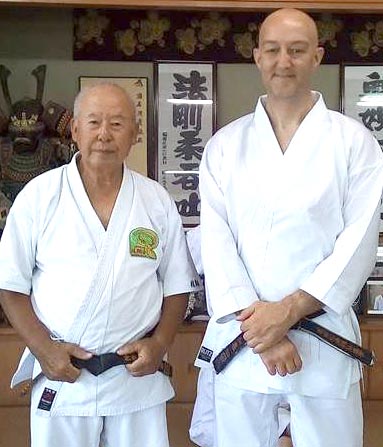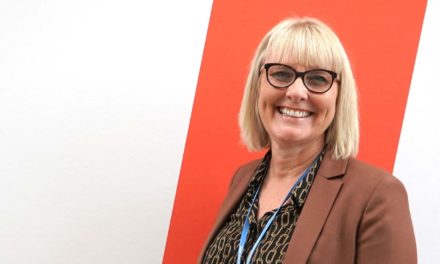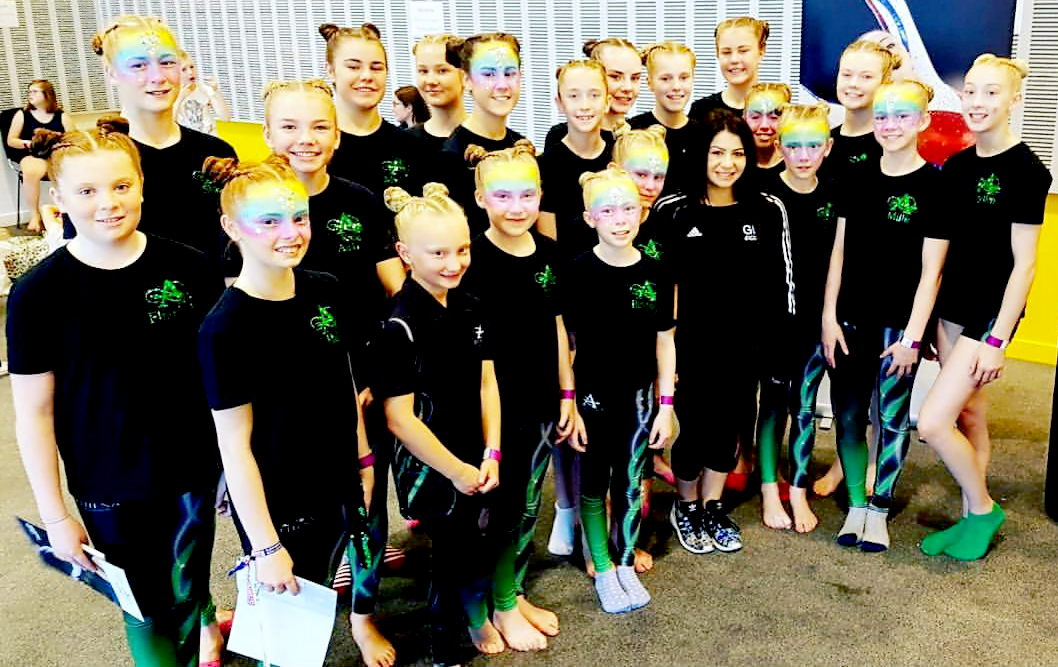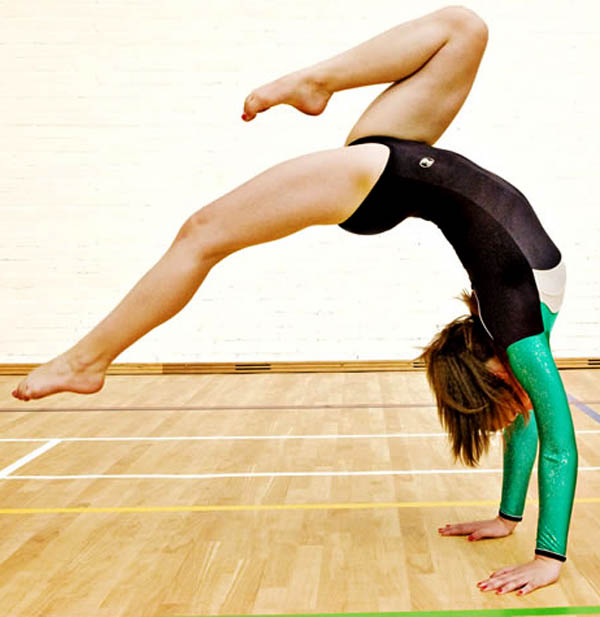As some may recall I recently wrote of an upcoming trip of a life time for a Karate practitioner. My journey to Japan and Okinawa is now engrained in my memory as one of the most fantastic experiences of my life.
The trip was arranged by Scott Langley Sensei, Head of the W.T.K.O (World Traditional Karate Organisation for Great Britain and Ireland), with 11 travelling to Tokyo and Okinawa to train with some of the world’s best Karate Instructors. We started at Hakone near Mount Fuji where we took in the sites and recovered from jet lag. We stayed in a Ryokan (Inn), with its paper partitioning, tatami floors and futon beds.
We immersed ourselves into the culture, eating local foods and wearing yu-kata (Japanese dressing gowns with slippers). Bathing was also a different experience, with a ritual to follow within a communal bath house, then soaking in a large and very hot bath with natural volcanic spring water. The experience was very similar to a Sauna, being both a relaxing and social event.
We visited Mount Fuji, but due to Volcanic activity, could not get as close as we wished although it was still an impressive site. We travelled back to Tokyo, again staying in a Ryokan. We trained at Keio University, which has major historical significance in the karate world as being one of the first places that Master Funakoshi, the founder of Shotokan Karate, started teaching in Japan when he left from Okinawa.
We were welcomed by Ota Sensei, who instructed the students at the university and who was our main contact there. Ota Sensei led some of our training and introduced us to many other instructors. Our 5 days in Tokyo was over. Next was Okinawa. This was a contrast to the hustle and bustle of modern Tokyo.
Although most of the old buildings had been destroyed during the Second World War, the feel of the place was much more relaxed. Naha, where we stayed has a touristy feel, similar to Blackpool and a little bit cheesy (In a good way). The restaurants we visited we second to none and we experienced many different ways of cooking including Teppanyaki, where the food was cooked in front of you on giant hot plates by very skilled chefs, who not only cooked the food, but entertained you with their juggling skills, plus Shabu Shabu where we boiled the meats in different broths before eating, Takiniki where we barbecued marinated meats on a grill in the middle of the table. Kanpai was the Japanese equivalent of Cheers, which we used to toast our fellow Karateka and Instructors at these social events.
Our training at Okinawa was at Senaha Sensei’s private Dojo, which being a carpenter he constructed himself. He was a Goju Ryu 9th Dan Karate Master and instructed us in his traditional teaching methods. We spent two days learning breathing methods, Goju Ryu fighting drills and Kata (Self-defence techniques put into a series of movements).
The training was over too soon, but we celebrated with a few cups of Senaha’s Sensei’s special homemade rice wine (Which would have blown my socks of if we were wearing them). We left Okinawa the next day and returned home, battered, exhausted, but buzzing. I cannot express enough my appreciation to our hosts in both Japan and Okinawa for their welcome and inviting us into their dojo’s.
If anyone wishes to train in traditional karate the please contact myself, Andy Bailey, Senior Instructor and Secretary at Newton Aycliffe Karate Club on 07999501379 or contact me via email at naanshinryu@gmail.com. We train at Neville Parade Community Centre on Tuesdays 7pm to 8.30pm and Thursdays 6.30pm to 7.30pm. All welcome from 7 years up. First lesson is free.
Town Karate Instructor Back from Training in Japan










